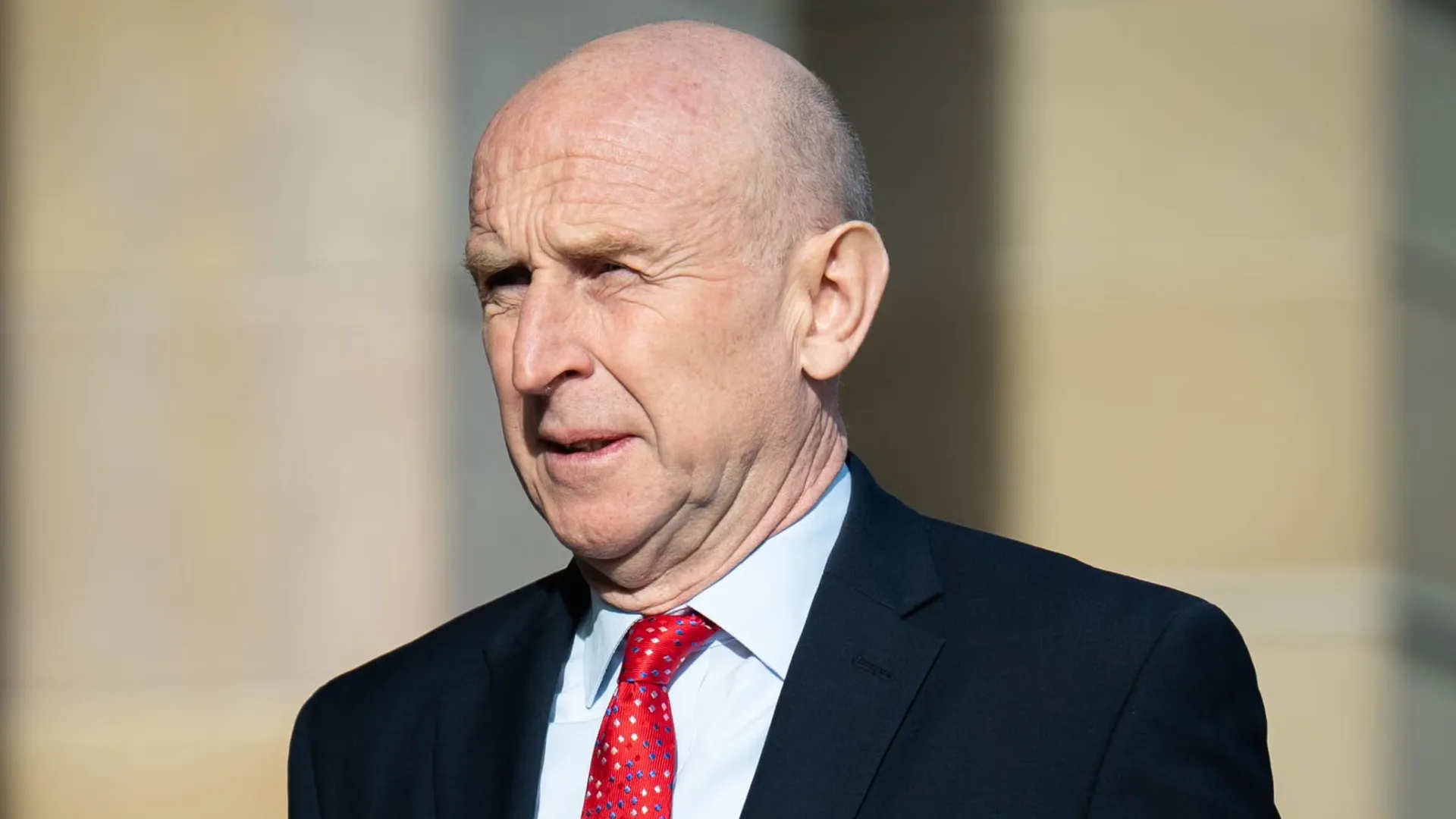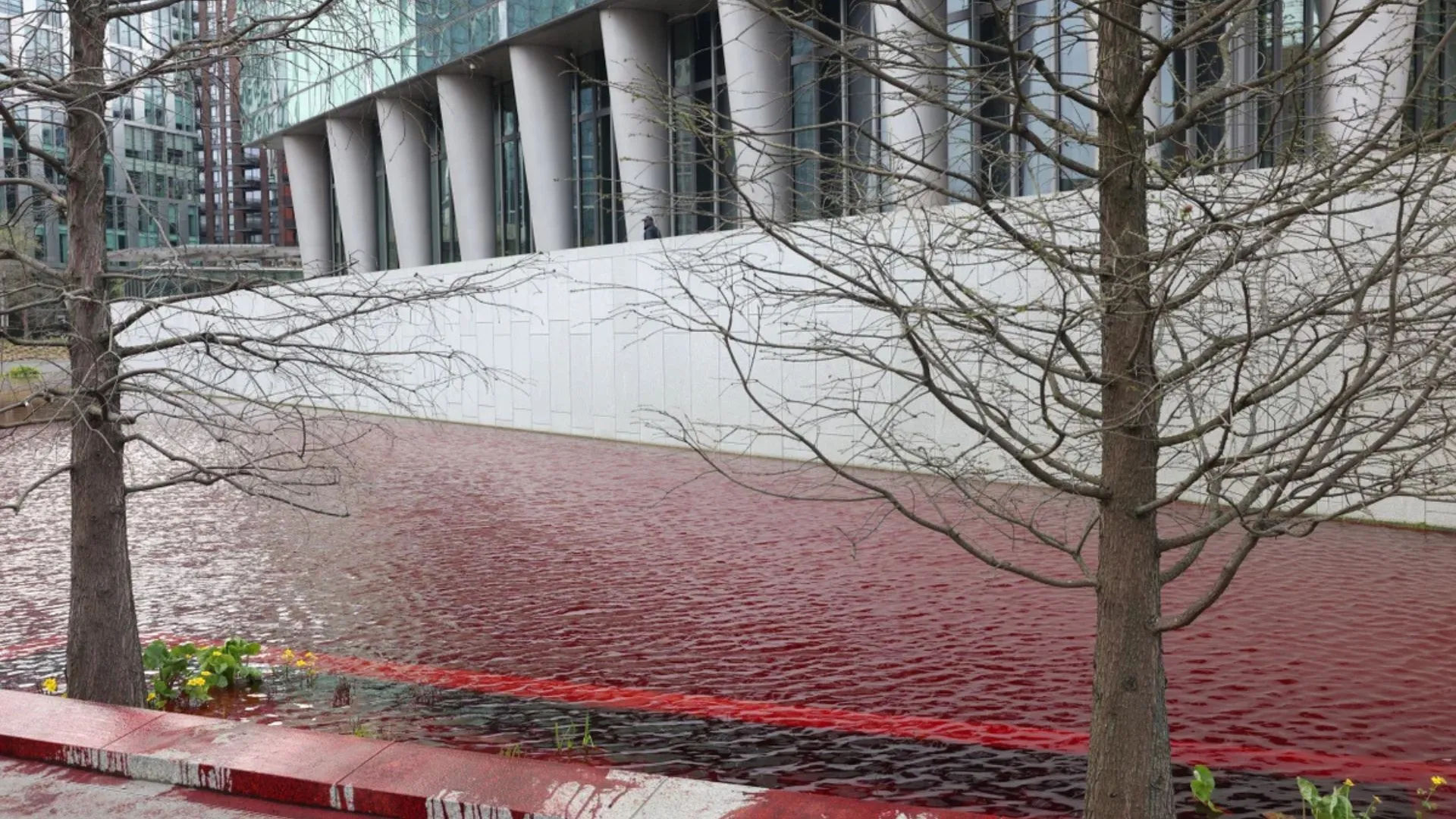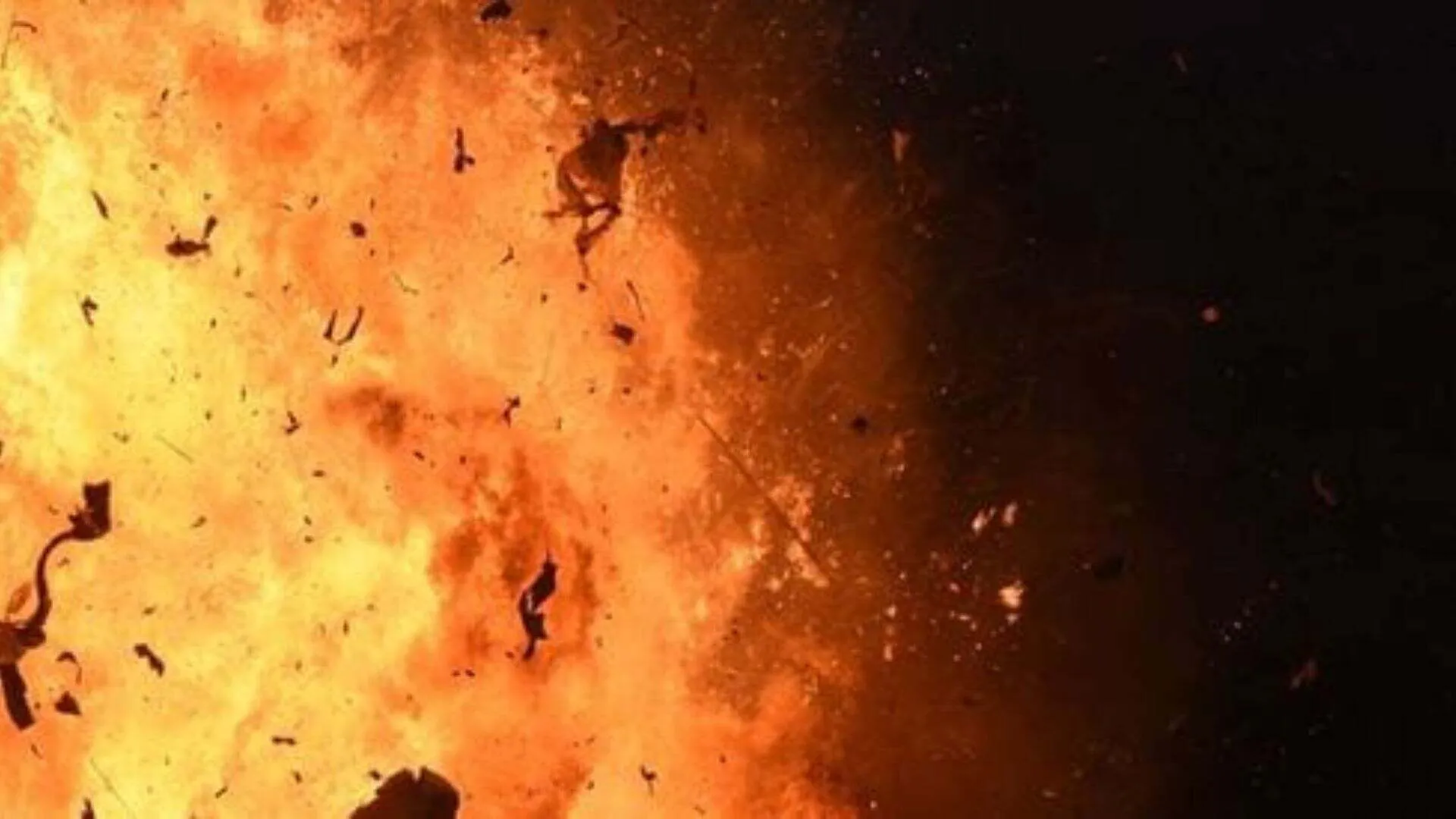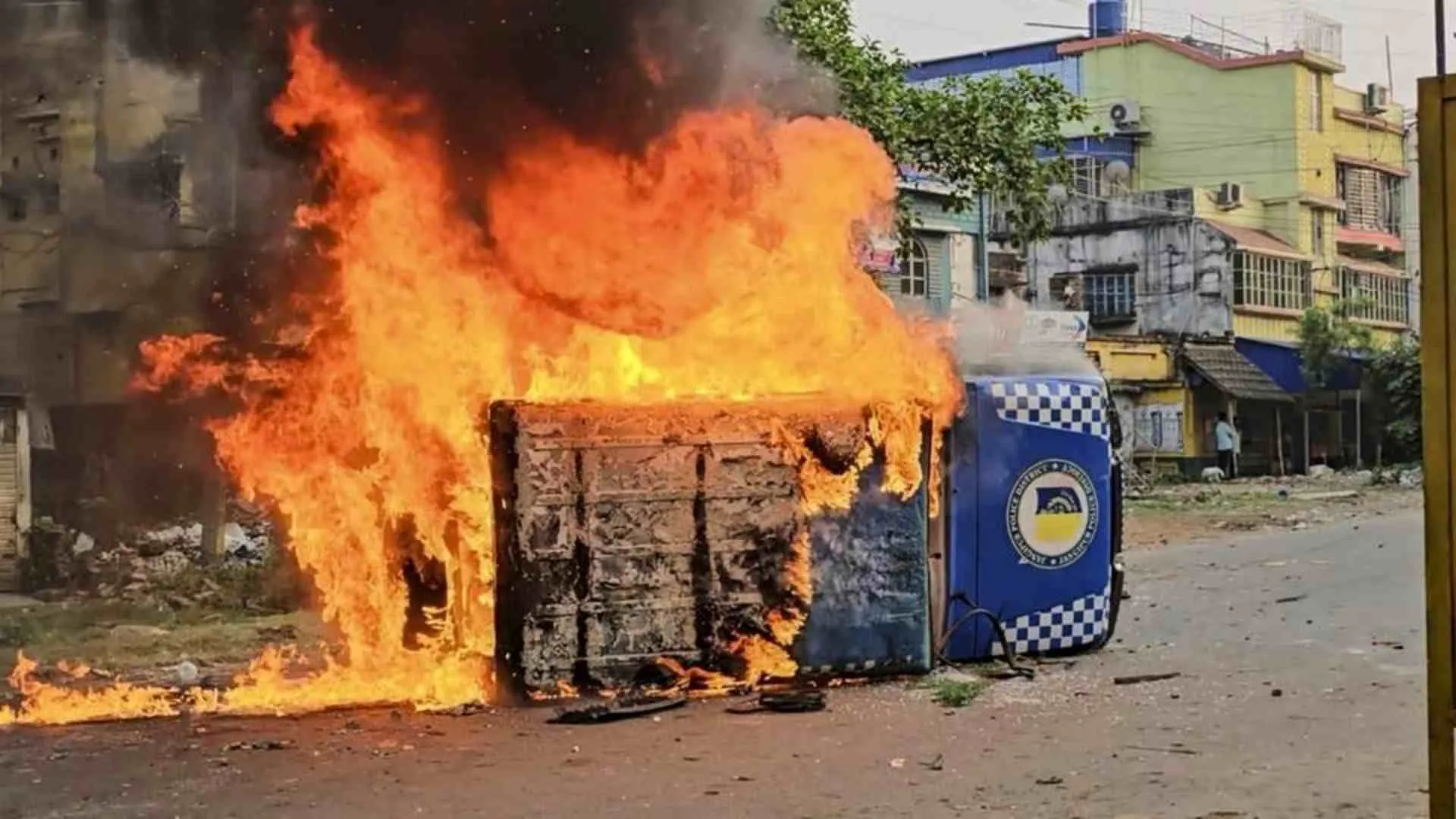American lawmakers are increasingly concerned after a series of hoax bomb threats targeted political figures from both major parties, prompting calls for heightened security measures. The threats, which were reportedly signed with “Maga” a reference to former President Donald Trump’s “Make America Great Again” movement have raised alarms across the political spectrum.
Over the Thanksgiving holiday, nearly the entire Connecticut congressional delegation of Democrats received bomb threats, following a similar wave aimed at Republican appointees to the incoming Trump administration. The threats were not limited to bomb scares; several figures were also targeted by hoax calls designed to provoke police raids, a tactic known as “swatting.”
House Minority Leader Hakeem Jeffries strongly condemned the threats, emphasizing that the government must provide “maximum protection” for all members of Congress and their families. “Threats of violence against elected officials are unacceptable, unconscionable, and have no place in a civilized society,” Jeffries said, urging the prosecution of all those involved.
The threats varied in nature, from detailed warnings of pipe bombs in mailboxes to swatting attempts, all signed with “Maga.” Jeffries’ office confirmed these incidents, though US Capitol police have declined to share specifics in order to prevent copycat attacks.
The FBI is currently investigating the pre-Thanksgiving threats directed at members of Trump’s incoming administration, including New York Congresswoman Elise Stefanik, Oregon Congresswoman Lori Chavez-DeRemer, and former Congressman Lee Zeldin. The threats against politicians and election officials had already escalated in the lead-up to the 2024 presidential election, raising concerns about political violence and civil unrest.
While the election results ultimately defused much of the tension, the surge in threats highlights the ongoing risks faced by public officials in a polarized political climate.























